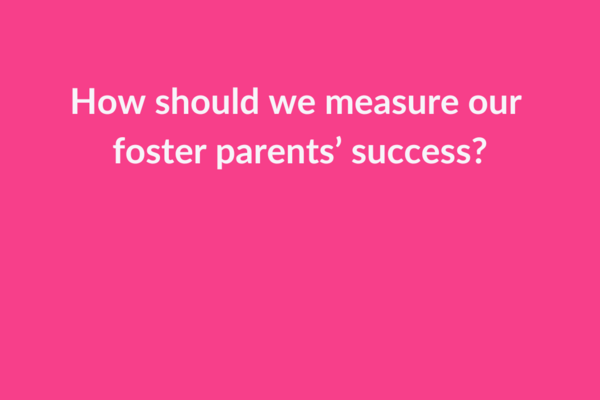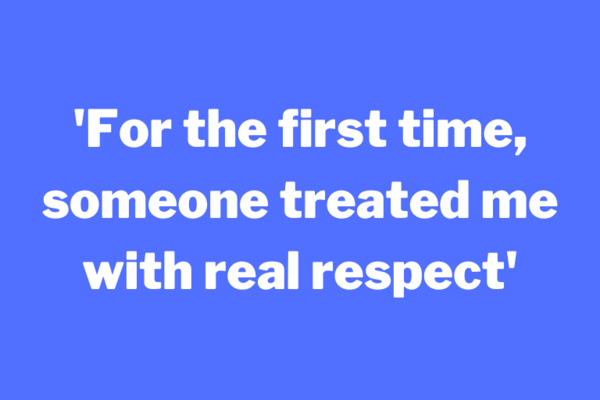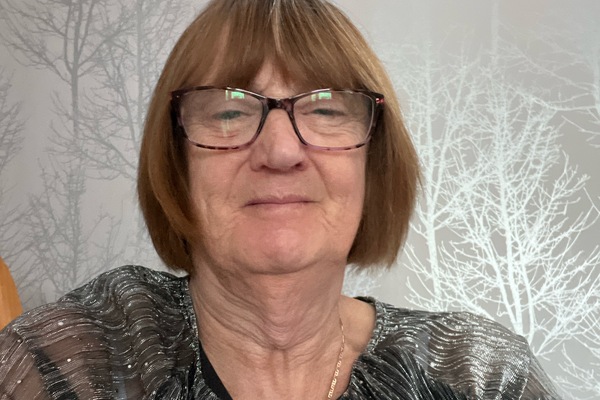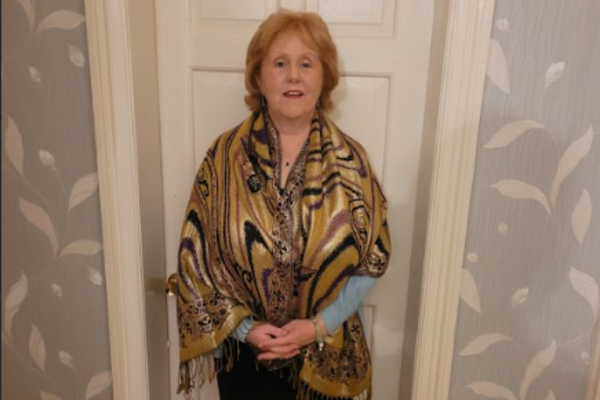Foster parents are amazing. Those selfless individuals or couples who provide a safe, nurturing home that allow the young people in their care to feel, possibly for the first time, that they really belong. That they are loved. And by providing that safe environment, a protected space is created where the young people in their care can begin to heal from their trauma, start to develop and ultimately thrive.
It’s not without its challenges. Most of the children in our care have faced truly traumatic experiences at a time when their brains are still adapting, growing and learning the difference between right or wrong. They do not necessarily know what has been inflicted upon them is not normal and not their fault. This is their normal and so coming into a new environment with strangers takes a lot of adapting. For everyone.
There will be disruption, learning, adapting, training, challenges and questions. But ultimately there will be purposefulness, opportunity, security and accomplishment.
So how do we measure our foster parents success?
Ultimately by those characteristics noted above. If a child has come from a disruptive, traumatic livelihood to one of love and nurture, where they develop into their own characters and are celebrated for it, where they can have the same experience as other children their own age until they reach adulthood, that is the greatest success.
So why, in reported media, do we focus on numbers of fostering placements rather than the quality of the arrangements as a marker for foster parent success?
We constantly say that those in our care should be treated as the individuals they are rather than the numbers and statistics that they are presented as, so why are some media outlets doing the same to foster parents?
We were recently contacted by a television show that wanted to highlight the importance of foster parents. They were also very specific in suggesting those to be celebrated are those who have had a considerable number of placements. And that’s great. It’s wonderful to see that mainstream media wants to highlight the important role foster parents play, but why does that mean the parents need to have a huge number of fostering arrangements before they can be celebrated?
Granted, there are different types of fostering that inevitably amount to a higher number of arrangements ie parent and child, short term or emergency, where those in our care are offered temporary arrangements before more suitable and long-term arrangements can be found. And these are so important.
But what about those who foster long term?
The ones who care for younger children and successfully care for them through to adulthood. The ones that create a lasting relationship, a loving home and endless opportunity for decades. The ones who repeatedly support weekly football clubs, turn up to every appointment, engage in every parents evening, attend therapy sessions, receive endless training and support, every job interview and every other interaction that span decades, despite not always receiving their love in return. Does this make those foster parents any less of a success because they have cared for one child in 20 years rather than 30?
Absolutely not.
We need to highlight every foster parent that goes above and beyond, that are providing hope and nurture to those who might never have had it otherwise.
We don’t treat our young people as a number. We should stop doing the same to our foster parents.









